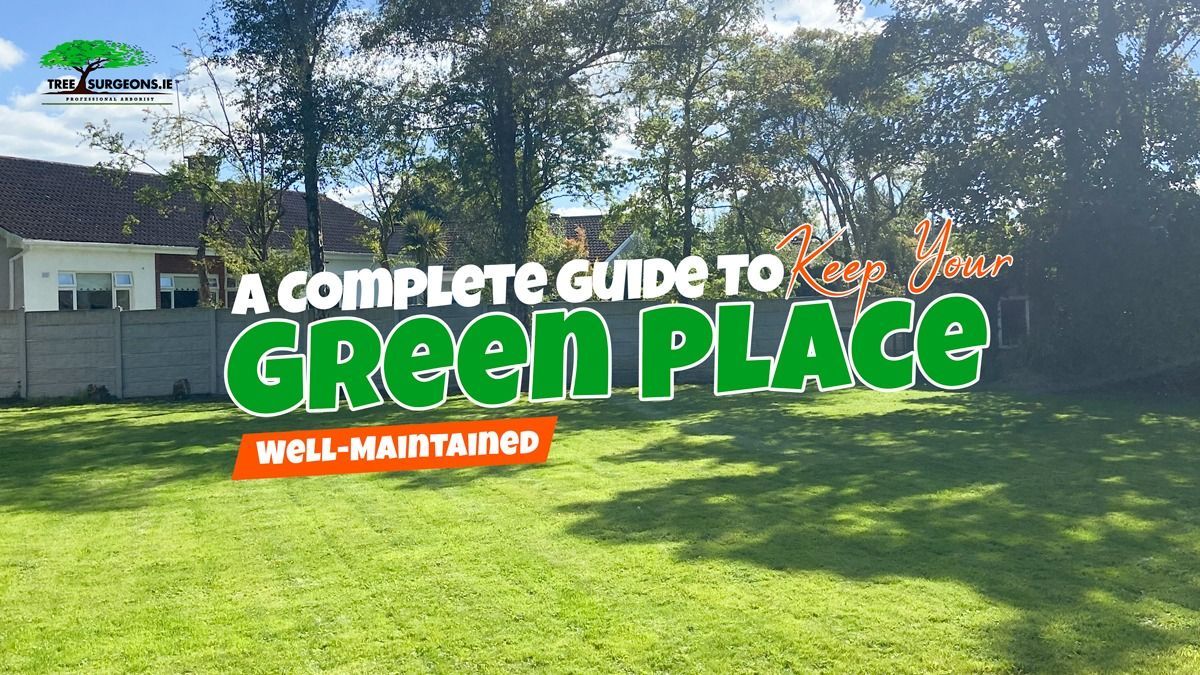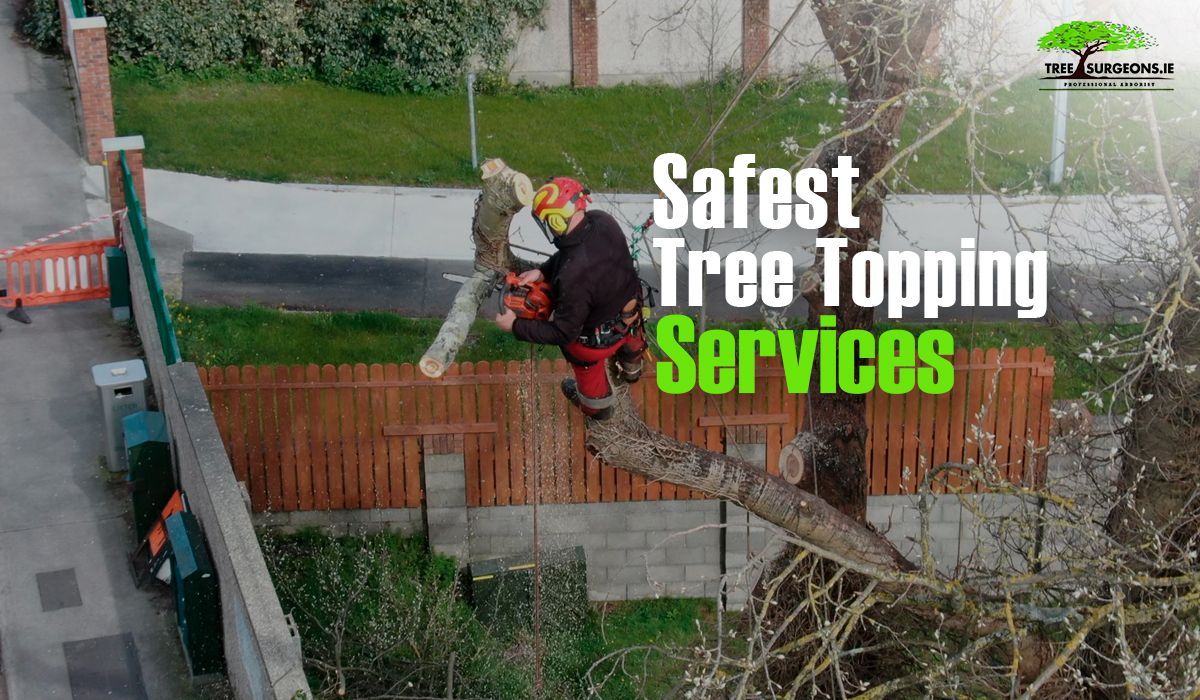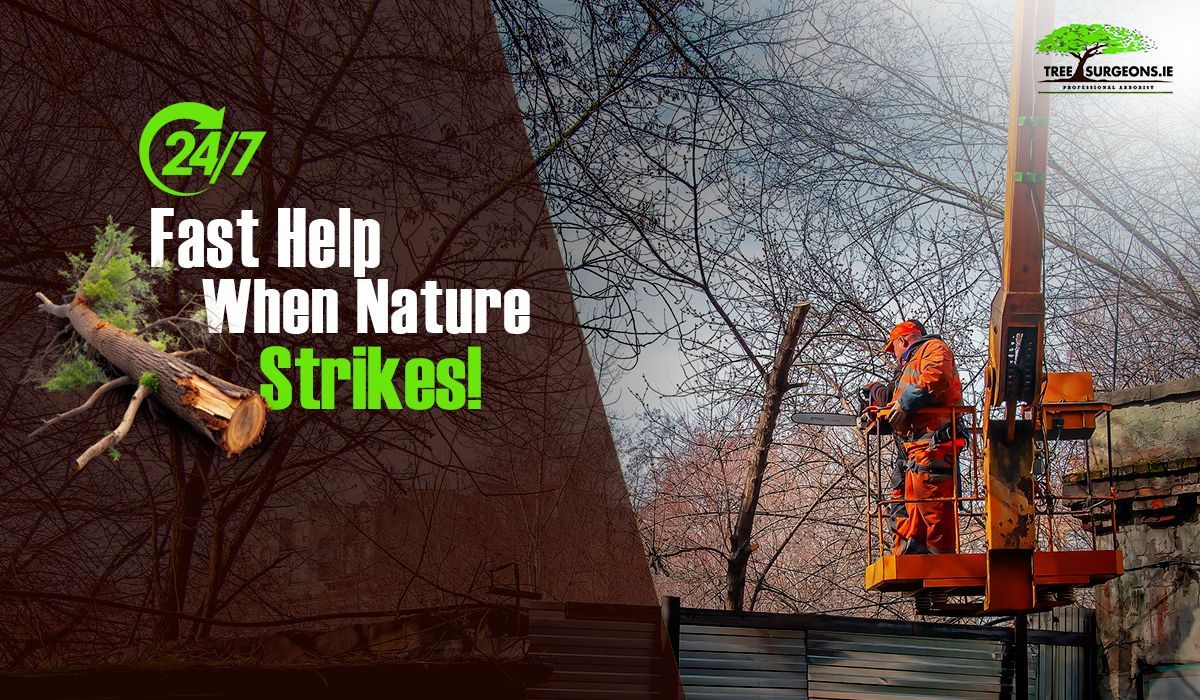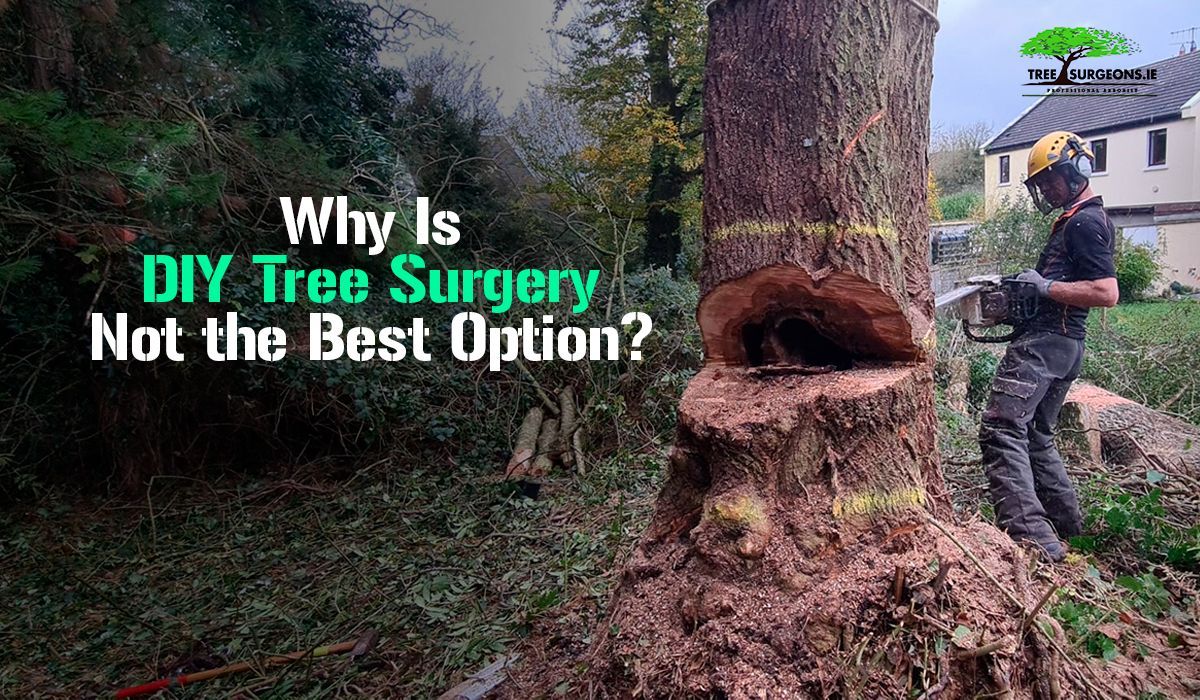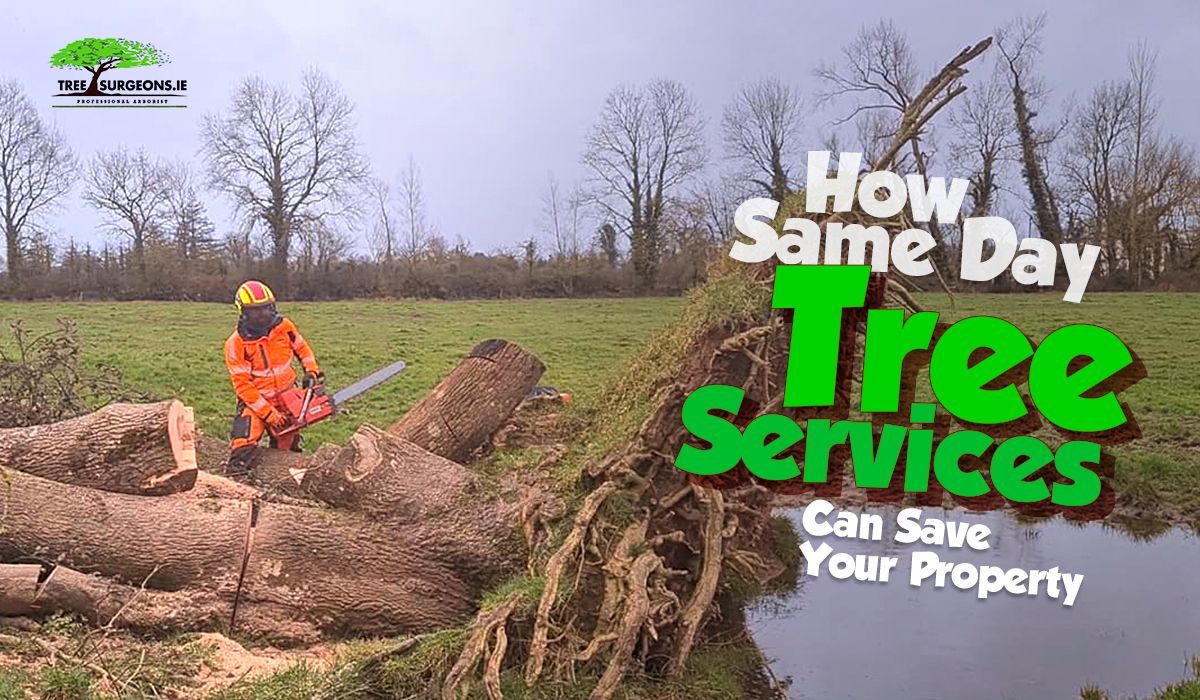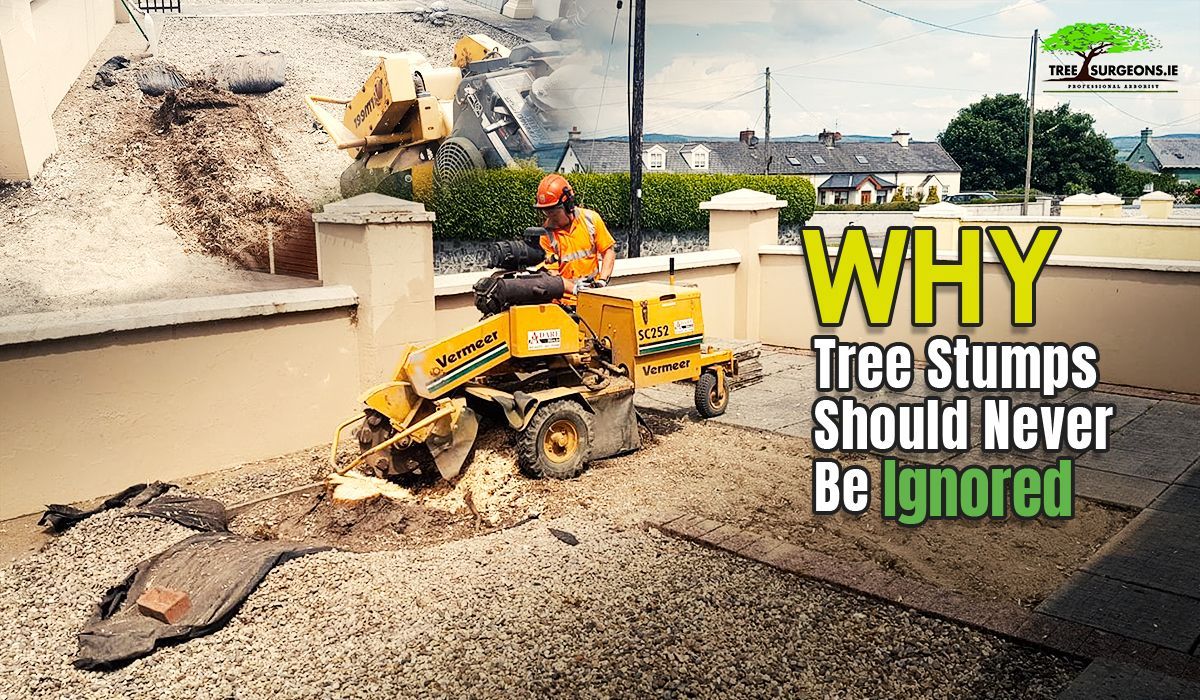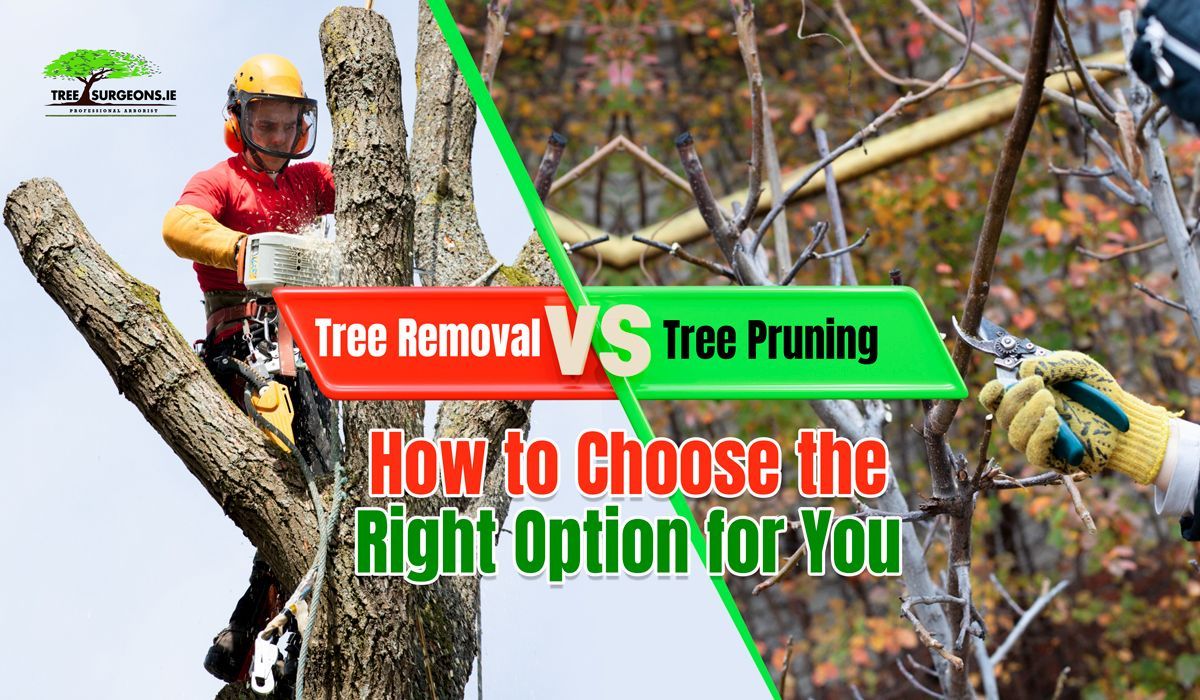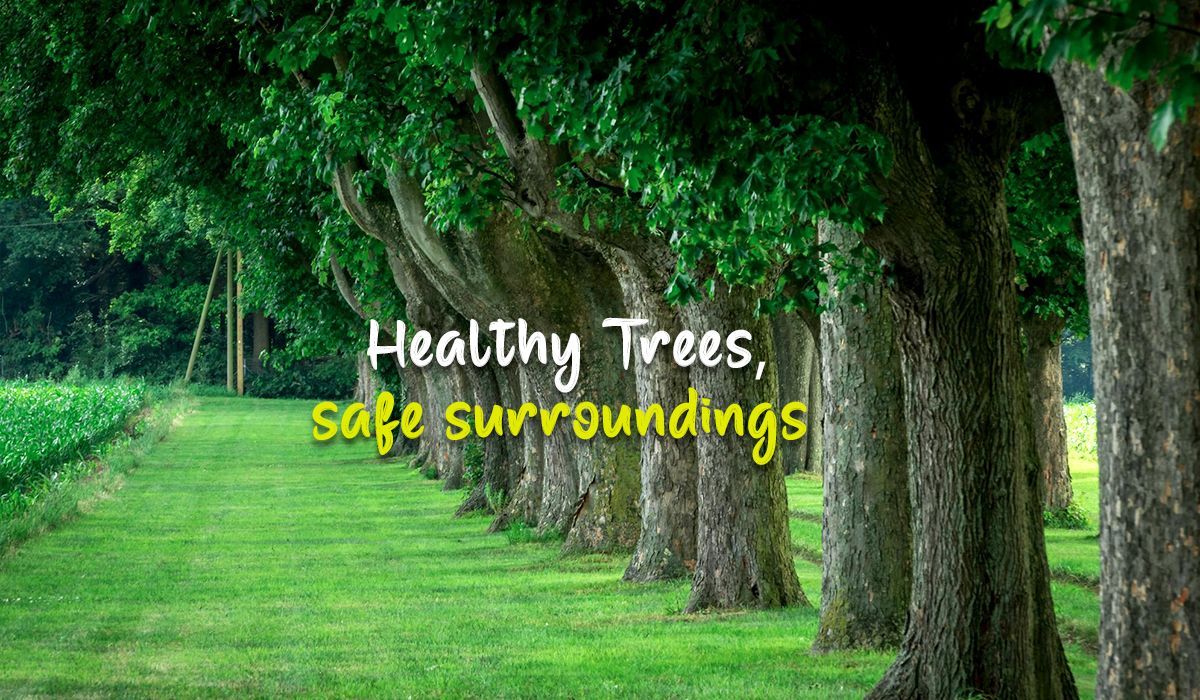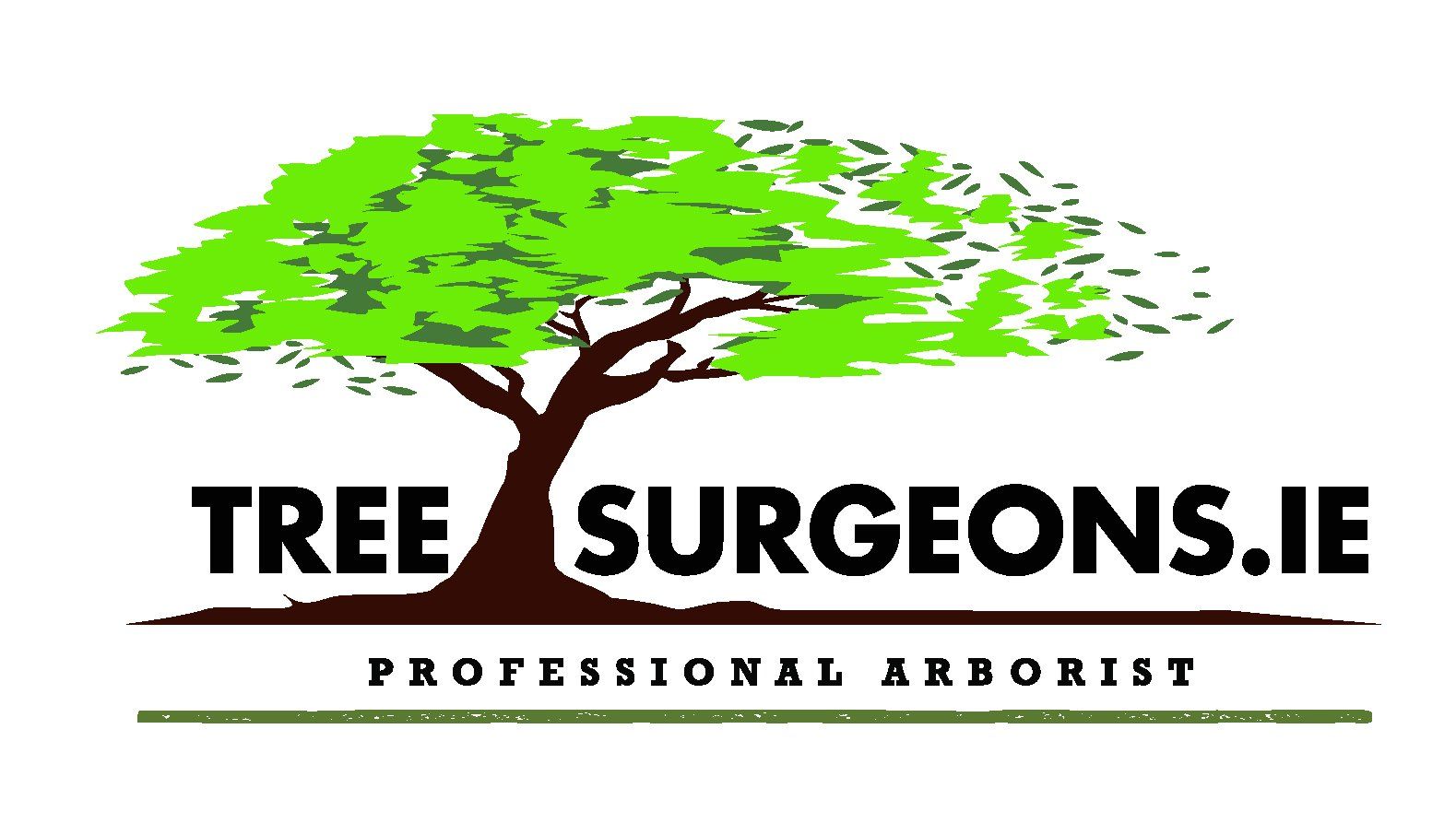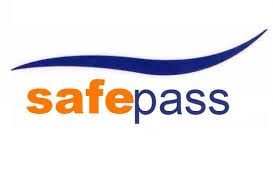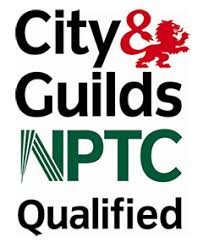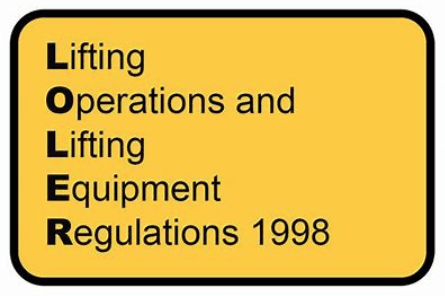Top 10 FAQs to Better Understand Tree Removal & Hedge Cutting

Tree removal and hedge cutting seem to be simple tasks, but many people fail to do them safely and successfully. The reason is very simple to comprehend- Lack of proper knowledge about proper techniques, well-conditioned equipment, mountaineering skills, and safety risks makes these seemingly simple tasks too dangerous and prone to costly mistakes.
This is the reason, understanding the full context is crucial for safety, legality, and environmental protection. Many underestimate the risks, such as injury, property damage, or legal consequences. Knowing the right ways, permits needed, and who to hire for Tree removal in Limerick ensures responsible action that respects both nature and the law.
Understanding when, why, and how to manage trees and hedges protects wildlife, avoids neighbour disputes, and promotes responsible environmental stewardship and safer practices. Knowing FAQs will prevent common mistakes, ensure the right equipment use, and clarify legal requirements, thereby enhancing the degree of safety, efficiency, and success. This proactive knowledge minimises hazards and costly damage. Because,
“Knowledge leads to better choices every time.”
That's why understanding the matter in detail can help you make informed decisions. At the very beginning of the discussion, you should go through the Irish Tree Law as well.
Navigating the Irish Tree Law
The legal landscape for tree and hedge work in Ireland is primarily governed by the Wildlife Act. This law prohibits the cutting or removal of vegetation from March 1st to August 31st, protecting nesting birds and their habitats. While some exceptions exist for safety or agricultural purposes, the general rule is a critical consideration for all homeowners and landowners.
Clearly, any negligence or ignorance of this law can lead to significant fines, as demonstrated by legal cases involving unlawful cutting. Additionally, some trees are protected by Tree Preservation Orders (TPOs) or planning conditions, requiring explicit permission from local councils before any work can proceed.
Safety and Professional Execution for tree removal and hedge cutting
Now you should understand the importance of safe and professional tree-cutting methodologies. Tree removal and hedge cutting can be extremely dangerous and should not be undertaken by inexperienced individuals. Inadequate safety gear and improper equipment can lead to serious injury, property damage, or worse. Without the right tools and professional training, a simple job can quickly turn into a hazardous situation.
Qualified arborists are trained in risk assessment, using specific cutting techniques, rigging, and safety protocols to protect themselves, your property, and the public. For complex removals, especially near power lines or buildings, their expertise is invaluable in ensuring a safe and efficient process.
Let’s understand some more vital points in this regard.
- Risks of tree removal: Tree removal is risky. If done by inexperienced people, accidents can easily happen. Falling branches or entire trees can cause serious damage to your property. Poor cutting can also harm or kill nearby healthy trees. Furthermore, it can disrupt local wildlife and damage the environment.
- Challenges for beginners: New workers often lack the experience to judge tree conditions accurately. Without the right techniques, they create dangerous situations. They also tend to miss nearby hazards, putting themselves and others at risk.
- Issues with bad tools: Using low-quality tools makes tree removal more difficult and riskier. It slows down the work, increasing the chance of accidents. Poor tools also lead to inaccurate cuts, which raises the risk of injuries.
- Why is safety gear vital? Many inexperienced workers don't wear safety gear, making them vulnerable to serious injuries. They often don't realise how important protective equipment is. Without it, rescue efforts are harder if someone gets hurt.
- The importance of climbing skills: Tree work requires specific climbing skills. Inexperienced workers may lack this training, risking dangerous falls. They might struggle to move safely in the treetops, which increases accident risks. Working at heights can also cause them to panic, leading to more mistakes.
Amateur Hedge Cutting Risks and Hazards
Amateur, inefficient hedge cutting presents multiple dangers. Without proper safety gear and Professional arborist care, individuals risk severe cuts from insufficient tools and sharp blades. Overreaching on ladders or unstable ground can lead to dangerous falls, while inexperience can cause permanent damage to hedges. Critically, inexpert workers often fail to spot hidden hazards like overhead power lines or nesting birds, risking electrocution and legal issues. This can lead to costly mistakes and potential injury.
Frequently Asked Questions & Concerns in Ireland – Short Answers
Q. Is there any Legal time for hedge cutting or tree felling?
A. Hedge/tree cutting is banned from March to August to protect nesting birds, but exceptions exist for safety reasons.
Q. Do I need a licence to cut/fell trees?
A. Yes, many tree-felling activities require licences from the Forestry Service or local authorities, especially in protected zones.
Q. What are the special Rules for overhanging branches/neighbour trees?
A. You can prune up to the boundary, but must not trespass—informing neighbours is highly recommended.
Q. How to know if a tree needs maintenance/removal?
A. Look for damage, leaning, dead wood, or structural risk to buildings or power lines.
Q. What could be the Cost of tree surgery/removal?
A. Costs vary from a few hundred to over €1000 depending on tree type, access and complexity of the job.
Q. Safety issues to consider?
A. Stay clear of power lines, use qualified arborists with safety gear and certified procedures always.
Q. Rights and duties re: dangerous/overgrown trees?
A. Owners are liable if trees cause harm; councils can issue notices for high-risk or nuisance hedges.
Q. Who to contact about illegal cutting or protected trees?
A. Report to NPWS, local councils, or the Department of Agriculture based on issue type.
Q. How often do you need to maintain trees/hedges?
A. It depends on species and location—fast growers may need trimming twice yearly.
Q. Which professionals to hire and what to ask?
A. Check qualifications, insurance, safety plans, disposal method, and ask for written quotes with full job details.
Our vital message for you
Already, you have come to know of the essential things about tree removal and hedge cutting. The FAQs added here will clear your notion about the critical aspects in this regard. Tree removal is not just about cutting down trees. It involves careful planning, proper tools, and a skilled workforce. Ensuring the safety matters of everyone involved is crucial.
Now you need to know who to hire. It is highly essential for safety and effective results. Without having a second thought, remember our name- Tree Surgeons & Pro Gardening. If you want to avoid these critical challenges, hire our professionals who understand the ins and outs of tree removal.
We have the best of the tree cutting tools and highly expert mountaineering skills in Ireland. Remember- our trees deserve expert care, so we should not hesitate to ensure the best possible Tree care in Ireland. Contact us soon and learn more about professional tree removal services.
